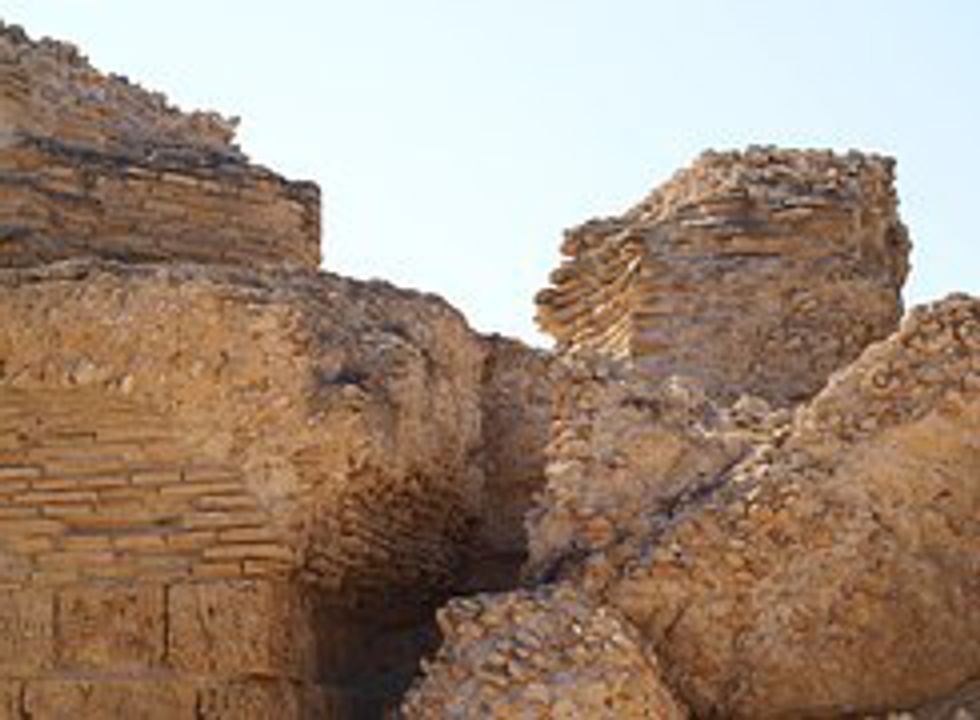"If you never lose, how can you not win?" (Hannibal and Me by Andreas Kluth)
Hannibal was a Carthaginian general around 200 BC and is considered the greatest military strategist of all time; he is still studied today by the American military. He never decisively lost a battle. He crossed the Alps on foot with a herd of over 20 elephants, losing half of his 75,000+ men and even one of his own eyes. He's a tough bastard. After crossing the Alps, he and his armies killed almost as many men in one day as the atomic bomb...and by hand. Both the Carthaginian and Romans saw him as a godlike creature that was unbeatable because well...he was. Or was he? There's a reason Washington DC looks a lot like Rome and nothing like Carthage.
"Over the course of your life success and failure will mean different things at different times." -A. Kluth
How do you define your success? As a boy, Hannibal's father made him pledge an oath to be a lifelong enemy of Rome, to destroy Romans. Hannibal was successful at this. As successful as any man could be. At one point he had killed 20% of the Roman male population. Yet he never stepped foot in Rome. For 14 years he terrified the Italian countryside: never losing but never getting what he actually wanted. His successes were impostors.
"If you can meet with triumph and disaster, and meet those two impostors just the same." R. Kipling
Kluth mentions that when you are young you will, in one way or another, define success in response to your parents: either by emulating them or filling the void left by them. Hannibal was following in his father's footsteps and not his own. He sacked the Roman countryside for those 14 years and only left Italy because Rome sent an army to attack his home of Carthage. When he returned, his army was depleted and he organized the peaceful surrender of Carthage. This peaceful surrender was unheard of for Romans who were known for killing all the men, women, and children. After the surrender, it is said that they found Hannibal hysterically laughing and crying on a bench in the courtyard....enter Hannibal's midlife crisis.
Again as Kluth said, "over the course of your life success and failure will mean different things at different times." Hannibal was having a midlife crisis. Hannibal was living out the life of his father as opposed to his own. After this episode he self exiled himself to the countryside for almost 5 years.
Takeaway
Figure out what your goals are and where they are coming from, if they are authentic to you, this is how you know true success
The story doesn't end there. The other big takeaway from the book comes upon Hannibal's return to Carthage. When Hannibal returned to Carthage he was a new man. After his midlife crisis he wanted to create rather than destroy. He studied how to make the Carthage economy strong again. He spent all his time studying economics and trade and even exposed the Carthaginian Senate for stealing money from the people. Already Carthage's most famed hero, the people loved him even more for it. However, the Senate did not. They reported back to the Romans that Hannibal was assembling more forces to rise up against Rome, which was not true. The Romans, who still feared Hannibal since he was "the man responsible for killing their fathers and uncles" came for Hannibal's head. He was on the run again.
"See the best in people but protect yourself from their worst." A. Kluth
Hannibal had never tried to make any allies in the Senate; he thought he was untouchable. We need to see the best in people but be aware that not everyone has our best interests in mind. The Romans eventually caught up with Hannibal after yet another friend betrayed him. Hannibal took some poison he kept in a ring rather than be taken by Romans. So anyway, why does DC look like Rome? And whens the last time you or anyone you knew went to Carthage?
The Romans were so pissed at Hannibal for those 14 years they wiped Carthage off the face of the planet. They destroyed the entire city leaving no stone atop another. And as story has it, sewed salt into the land so that nothing could grow there.
Not only did Hannibal not defeat Rome, but the very city he wanted to make great was nearly wiped from history. His successes lead to a bigger loss than any of us will encounter. So be careful what your aiming for.
Andreas Kluth, author of Hannibal and Me, penned one of the best books I have ever read. He weaves stories of Hannibal's battles with universal experiences of Einstein, Picasso, and Eleanor Roosevelt...making them all seem a bit more human. Definitely check it out.























